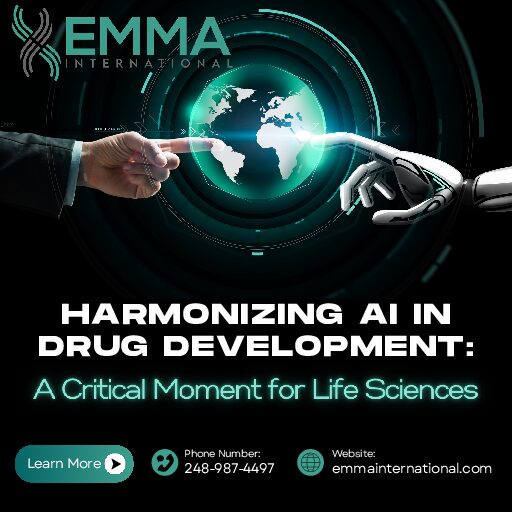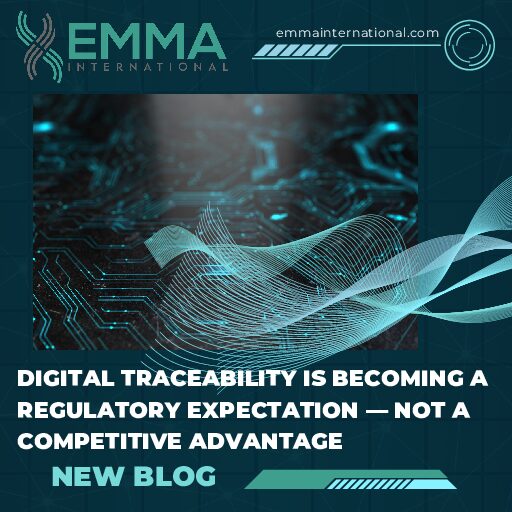Organizations are under enormous pressure to better understand their customers and business. Companies, large and small, rely on data and analytics to extrapolate useful information so they are able to gain that understanding. The issue at hand though is not how to collect or find data, rather it is the fact that there is too much data. Pearlson, Saunders, & Galletta (2015, p. 258) highlight that robust decision making begins by “understanding how to build capabilities in knowledge management, business intelligence, and analytics and how to protect an organization’s intellectual property”. In his article on analytics and the importance of data quality, Kale Panoho (2019) cites a survey from Deloitte that found “49% of respondents say that analytics helps them make better decisions, 16% say that it better enables key strategic initiatives, and 10% say it helps them improve relationships with both customers and business partners”. The key is identifying the value that can be derived from the data.
Undoubtedly, data is an extremely valuable asset for any business, and has a tremendous impact on its success. As such, knowledge management, business intelligence, and business analytics, as well as the right tools and technologies, play a significant role in helping companies make better decisions. As pointed out by Pearlson, Saunders, & Galletta (2015, p. 260), “an organization’s sustainable competitive advantage ultimately lies in what its employees know and how they apply that knowledge to business problems”. Accordingly, creating a data-driven culture (i.e., an environment that fosters analytics) is a key factor for success.
It is worth noting that in spite of the abundance of data, having the skilled workforce to utilize the said data is imperative to fuel that competitive advantage. Similarly, Gulati & Oldroyd (2005) concluded that “getting closer to customers isn’t only about building an information technology system. It’s a learning journey”. Having the data, tools and techniques, and the resulting analytics is advantageous; however, knowing how to leverage the pertinent information, understanding the clientele, and implementing the appropriate solutions and strategies are essential for success.
The business information technology has created security risks and ethical conundrums (Pearlson, Saunders, & Galletta, 2015). As such, governance, oversight, rules, and regulations are necessary to ensure that individuals’ data and private information are properly maintained and stored by businesses and organizations. For example, the Cybersecurity Enhancement Bill, which was passed into law by Congress in 2014, endorses “research and development to establish best practices, increase the public’s awareness of the importance of cybersecurity, supports educational initiatives, and fosters a better-prepared workforce” (Pearlson, Saunders, & Galletta, 2015, p. 279). Similarly, in the EU, the European Parliament adopted the General Data Protection Regulation (GDPR) in 2016, requiring businesses “to protect the personal data and privacy of EU citizens for transactions that occur within EU member states” (Nadeau, 2019). Furthermore, “the GDPR also regulates the exportation of personal data outside the EU. Companies that collect data on citizens in European Union (EU) countries need to comply with strict new rules around protecting customer data” (Nadeau, 2019).
At EMMA International, the GDPR generated a lot of interest for many of our clients in the EU, as well as in other regions. To address such a need, we conducted a very informative webinar about this topic in July 2019. The webinar can be viewed via the following link: https://www.gotostage.com/channel/7358eb53e5bd4103a4f490680d12cd88/recording/34001c34548247aba43decb89bc4f9eb/watch?source=CHANNEL.
There is a great degree of benefit for collecting customer information and data, but that presents a vulnerability of ethical and privacy concerns. Pearlson, Saunders, & Galletta (2015, p. 280) discussed three theories of ethical behavior that could be considered in the corporate environment, and these are “the normative theories of business ethics – stockholder theory, stakeholder theory, and social contract theory”. Companies must evaluate their information initiatives very carefully to ensure that an appropriate infrastructure is in place.
I am all for the convenience that stems from the leveraging of data and information to analyze trends and patterns of purchases to make our lives easier. At the same time, compliance with privacy and cybersecurity laws, and the need for diligent corporate responsibility is warranted.
References:
Gulati, R., & Oldroyd, J. B. (2005). The Quest for Customer Focus. Harvard Business Review, 92-101.
Nadeau, M. (2019). General Data Protection Regulation (GDPR): What you need to know to stay compliant. CSO.
Panoho, K. (2019, October 1). The Age Of Analytics And The Importance Of Data Quality. Retrieved from Forbes: https://www.forbes.com/sites/forbesagencycouncil/2019/10/01/the-age-of-analytics-and-the-importance-of-data-quality/#28b305995c3c
Pearlson, K., Saunders, C., & Galletta, D. (2015). Managing and Using Information Systems. Hoboken, NJ: John Wiley & Sons, Inc.




